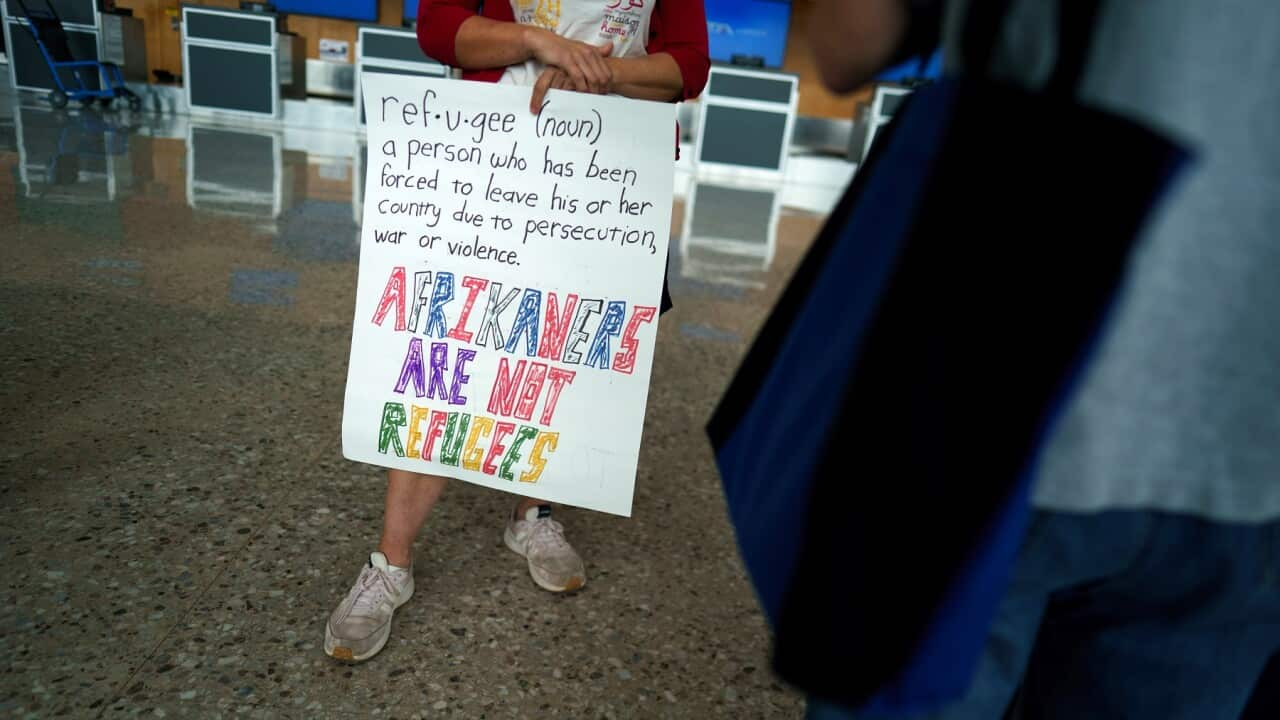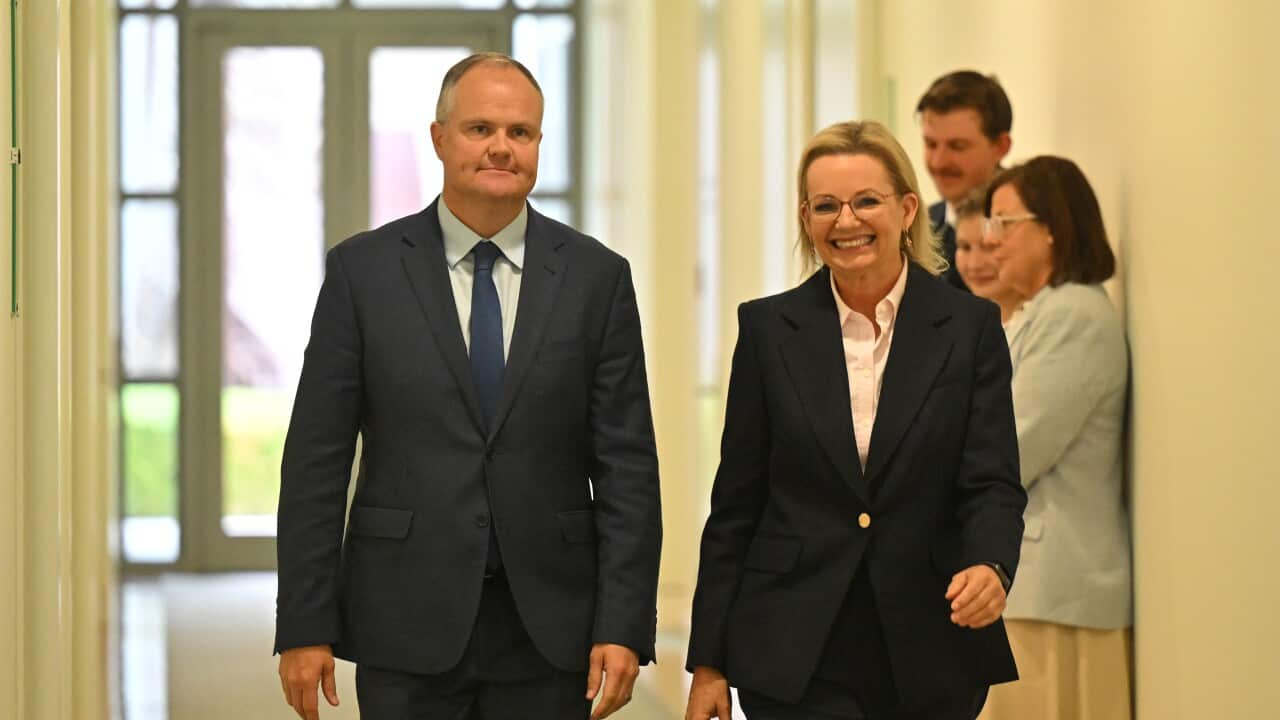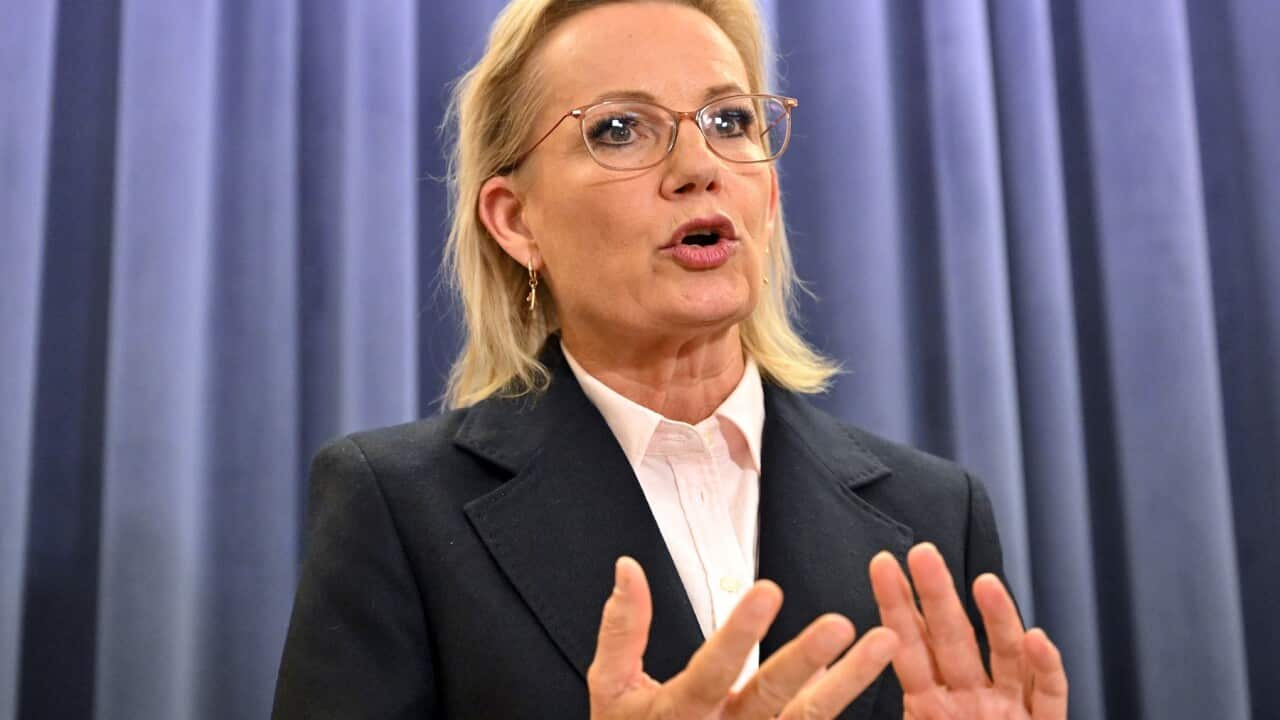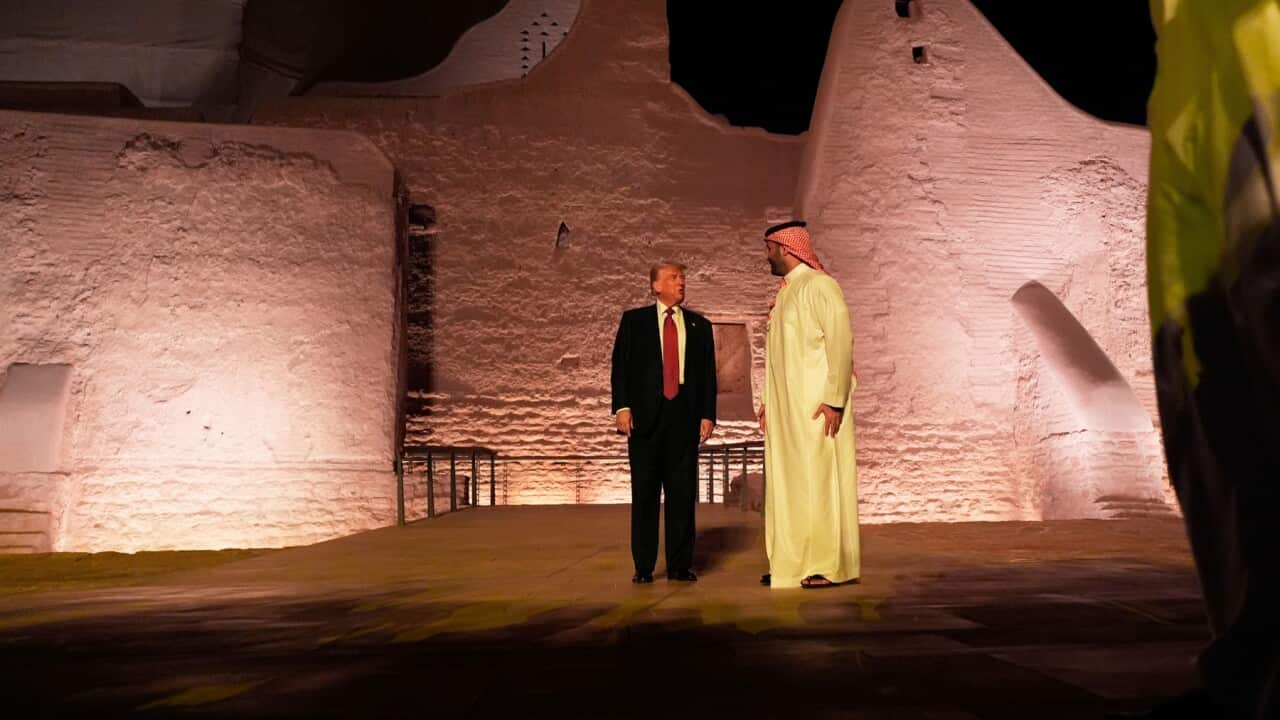TRANSCRIPT
“For us, it's been an important budget. We probably would like some more specifics about the expenditures and how it affects multicultural communities, but broadly speaking, these are areas that we certainly welcome and I think are really crucial for a future prosperous and multicultural Australia."
That's Carlo Carli, the chairperson of the national group representing Australians from culturally and linguistically diverse backgrounds, the Federation of Ethnic Communities' Councils of Australia - or FECCA.
He says big-ticket items in the federal budget on cost-of-living relief will help migrants, including the migrants who run more than a third of small businesses in Australia.
The headline items included: a tax cut for all taxpayers averaging $36 a week, a $300 energy bill subsidy for every household from July 1; and a $325 subsidy for millions of small businesses.
But Mr Carli says there are other initiatives in the budget that are also going to benefit multicultural communities.
"Certainly when it comes to the green economy and the future of jobs, and it's linked to training and the commitment to 80 per cent of Australians having at least a trade or university qualification. A commitment to create an ICT (information and communications technology) solution to the skills of migrants. As we know, a lot of migrants come to Australia are highly skilled, and yet they do menial jobs. The classic engineers who ends up being a taxi driver, while there's a commitment to have a solution to that, to provide the an ICT or technology solution to ensure we have a stronger recognition of skills. Money for women escaping violence. But also there is targeted money specifically aimed at women that have come out who have got temporary visas, who have experienced violence. So they're not caught in a trap where they can't leave because they basically no longer have rights to remain in this country. So there's protections there."
Housing is also a big issue.
"We support the commitment this government has to work with territories and states to deal with the housing crisis. There is a massive housing crisis. We don't think that's a consequence of migration. It's a consequence of a number of factors and just a failure to build both affordable and social housing; and also housing in general. So the 1.2 million houses and units to be built by 2030 is an important commitment, and it demands mobilising both states and also the federal government. But also changes in Medicare, and capping the price of medicines through the pharmaceutical benefit schemes. They're all very important."
Funding has also been set aside to increase wages of workers in the aged care and child care sectors - a number of whom are migrants and refugees.
This has been welcomed by the Multicultural Centre for Women’s Health - a national community-based organisation advocating for the health and wellbeing for and by migrant and refugee women.
The CEO, Dr Adele Murdolo, says it has been heartening also to hear the group's Health In My Language program, launched nationally 18 months ago during the COVID pandemic, will now receive $5.6 million.
Those funds will allow the program to continue for another two years, this time to deliver education on women's sexual and reproductive health in-language.
"So stigma is different in every community, and we have to deal with it - at understanding the cultural context of that, the historical context of the issue. So that is really important. There are so many different rules and different levels of access to health services as well, including sexual and reproductive health services. So our education programs need to, obviously when we're referring women into services, they also need to be tailored because not everybody has access to all the services that are available to others in the community."
She also welcomes the emergency payments for domestic violence survivors - $925.2 million in the budget - but says more can be done around primary prevention programs.
"If the national plan, as it says, its ambition, is really to end family violence in a generation, and it really won't be able to achieve that if primary prevention doesn't become a key priority for government - and that needs investment. So that was one of the things that was a little bit disappointing to see, and I'm really hoping to see from future budgets that we have investment in primary prevention, with specific tailored programs for multicultural communities to make sure that migrant refugee women are included in those."
The federal budget also included a number of initiatives targeted at First Nations communities, including $777 million to develop local jobs and services in remote regions, and $111 million to improve remote First Nations communities' access to essential services in the Northern Territory.
$68 million has been allocated to better support digital literacy and the rollout of wi-fi in remote communities.
Another $53.8 million to establish First Nations language centres and expand learning services.
And $29.1 million to partner with First Nations community-controlled peak bodies to improve early childhood and education outcomes.
Arrernte/Luritja woman Catherine Liddle is the acting lead convenor of the Coalition of Peaks alliance of more than 80 Aboriginal and Torres Strait Islander community-controlled peak organisations and members.
She is also the CEO of the national group for First Nations children and families, SNAICC.
Ms Liddle says those measures in the federal budget have been called for and welcomed - but there is more work to do.
"We have to say that those signals that we're going to invest in children are really good signals. We know that for the first time ever, we're seeing 29.1 million over four years going into both SNAICC and NATSIEC (National Aboriginal and Torres Strait Islander Education Corporation) as those peaks (national groups) that lead in the children's space. That money is dedicated to ensuring that we are partnering with governments; and that we are doing things differently. But it's still not enough that it still needs to go the whole hog (all the way); and that means that all of our peaks need to be set up in that way. It also means that we need to be really thinking about how we stop children and families coming into contact with any tertiary interventions. Budgets are critical to being able to do that."
She says the implementation of the federal budget initiatives will be critical to achieving the Closing the Gap targets.
"Look, it goes some of the way, but I think what we see in all budgets at this point in times is there are winners and there are losers. There are things that are good; and there are things that are not so good for us to genuinely close the gap, and this is what the productivity commission found, we need to change the way we do this. There's a clear roadmap that says, if you're going to invest: make sure you're partnering with Aboriginal and Torres Strait Islander people. Make sure you are lining up all the ducks (local, state and federal co-ordination), so that what you're genuinely getting is system reform. And until we get those genuine system reform elements implemented, we're always going to miss the mark a bit."













